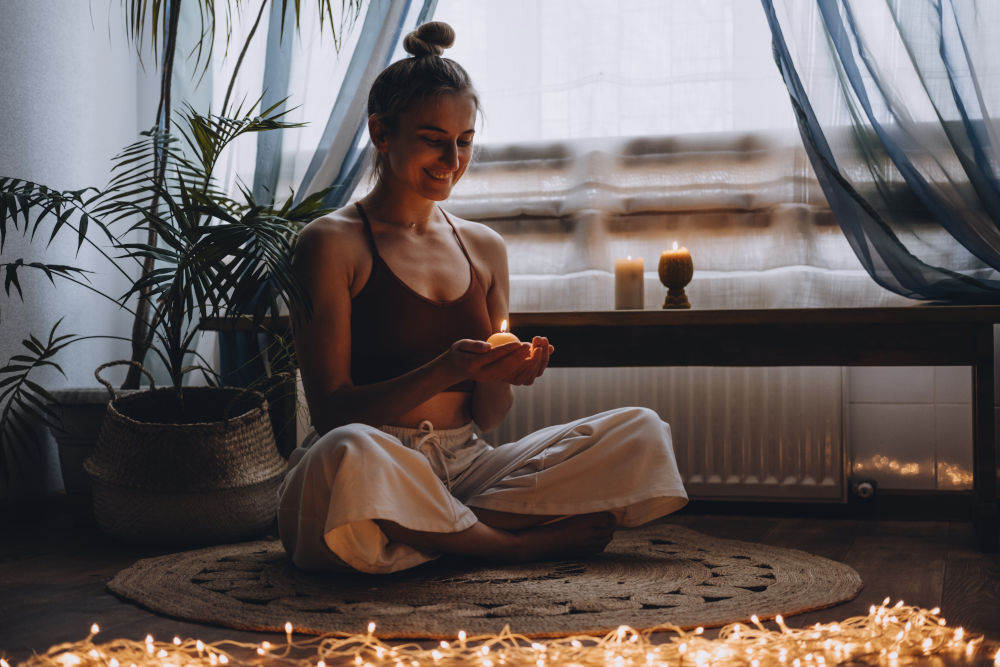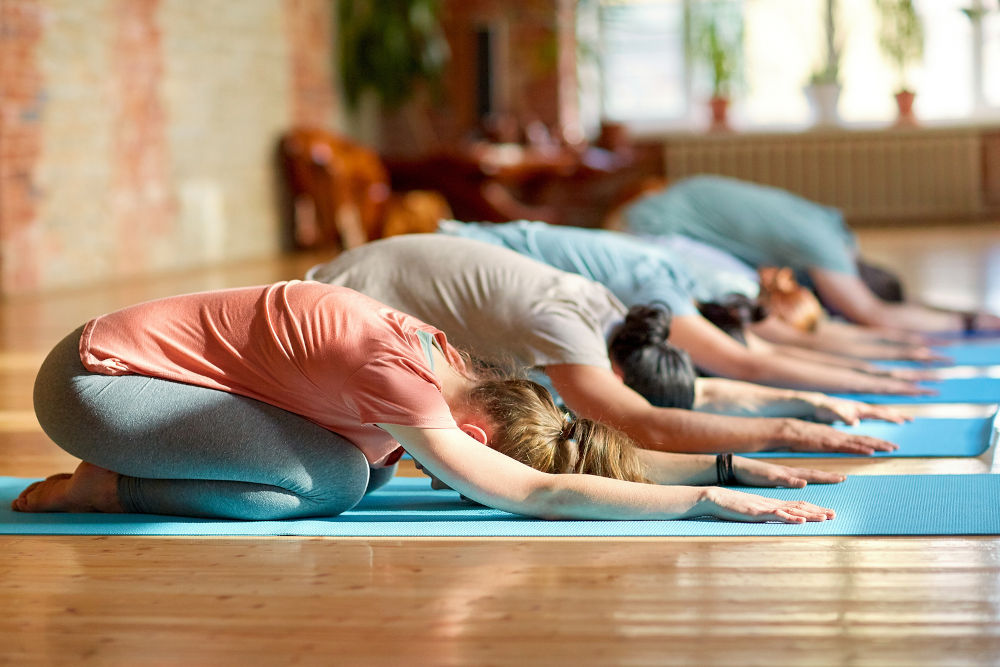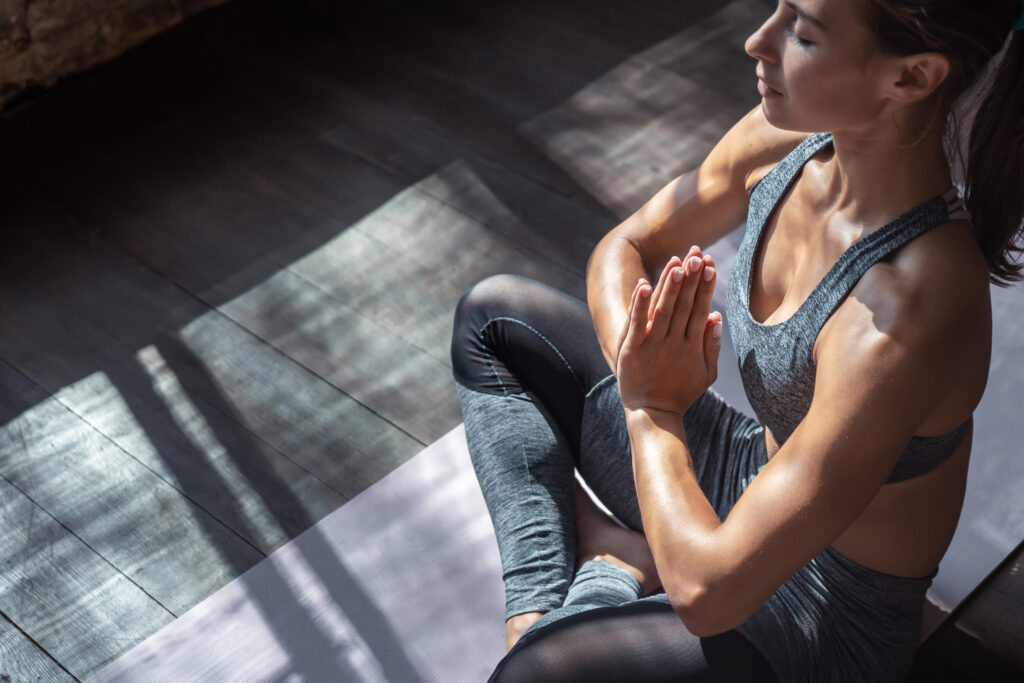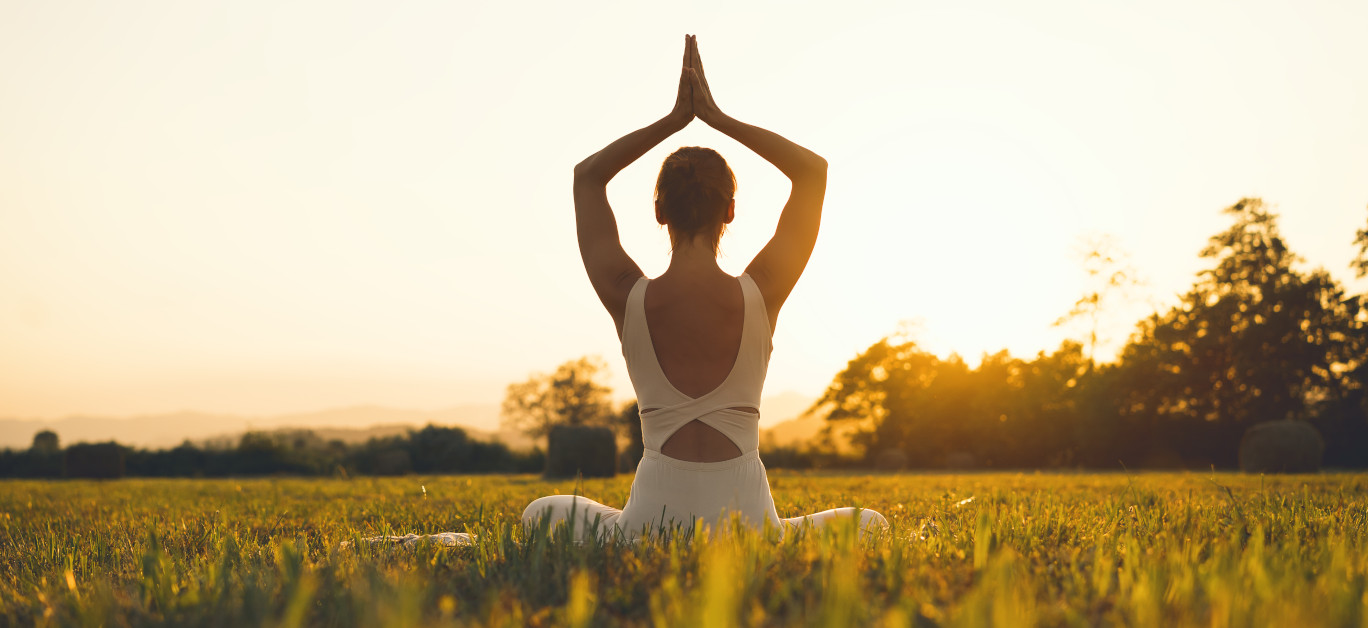With our lives often in a constant state of business, juggling many aspects of life, including work and relationships with family, partners and friends, self-care is often the last thing that we allow ourselves time for. In recent years, the term has become more recognised and the need for it has become ever more apparent, especially for those who have found the past year somewhat stressful.
Self-care takes on many forms, from soaking in a bath, reading a good book and preparing some healthy meals to enjoy, to taking a walk within nature, socialising, exercising and practising mindfulness. Though not a brand-new concept, the practice of mindfulness has become a prominent tool in taking a little time to ground yourself and cope with whatever stressors are apparent at that time.

Probably the most important aspect of self-care is understanding your needs and recognising when it is you need to take time to help yourself, and being mindful of your thoughts and feelings on a regular basis can be a big help. Coupled with meditation and activities like yoga, being mindful of your feelings, surroundings, and taking that time to reflect is a process that many support, and it’s no wonder that so many are getting on board with it. From yoga and meditation sessions in the workplace to mindfulness retreat destinations, our eyes are being opened up to the possibilities of what these all-important self-care techniques can have on our collective mental and emotional well-being.
What is mindfulness?

Mindfulness can be specifically defined in varying ways, but generally speaking, it is the therapeutic process of becoming aware of your surroundings, of taking a moment to reflect and using this awareness to become more in tune with your moods and reactions.
According to mindful.org, practicing mindfulness is ‘the basic human ability to be fully present, aware of where we are and what we’re doing, and not overly reactive or overwhelmed by what’s going on around us’ which explains why it can be a helpful tool for those who suffer at times with stress, anxiety or depression. It is a quality that every person can tap into if they so wish and can be utilised by merging with meditation, yoga or other activities; by inserting short pauses into our everyday lives; or when seated, lying down or moving. Benefits of mindfulness include a reduction in stress, awareness and insight into ourselves and surroundings, enhanced performance and increased attention – important factors for those who are often left feeling overwhelmed at the end of each day.
The rise of the mindfulness retreat

When seeking out a harmonious work/life/relationship balance it can often be difficult to dedicate the appropriate amount of time to look after yourself, which is why the idea of a dedicated retreat may seem so appealing. At home there will always be seemingly more urgent issues to attend to, but if you’re not at your very best, how can you expect to perform well in other areas of your life? Having said that, a mindfulness retreat can be a great tool whether you need a top-up of self-care, a reconnection to yourself and nature or as an escape and opportunity to rebuild after a particularly stressful time and to gain clarity to future challenges. Though they are not a direct replacement for professional medical care, they can certainly form a part of your overall health and wellness journey.
From Hawaii to Italy and Bali to South Africa, there are retreats popping up all over the world dedicating themselves to your wellbeing. Upon arrival expect to find stunning natural landscapes that you can find peace within, staff and practitioners committed to making sure your experience leaves you in a much more relaxed and mindful state than when you arrived, and nutritional foods, exercise, massage, sleep therapies, relaxation and routines for you to embrace and enjoy. You can go alone, with family, friends or colleagues and use the opportunity to explore your surroundings and work on yourself or simply embrace the time away in a stunning place.

The bottom line
Ultimately, life can be stressful at times and finding the time to focus on how it affects you and improving your reactions is so important to becoming the best version of yourself, not always for others, but for you.






















